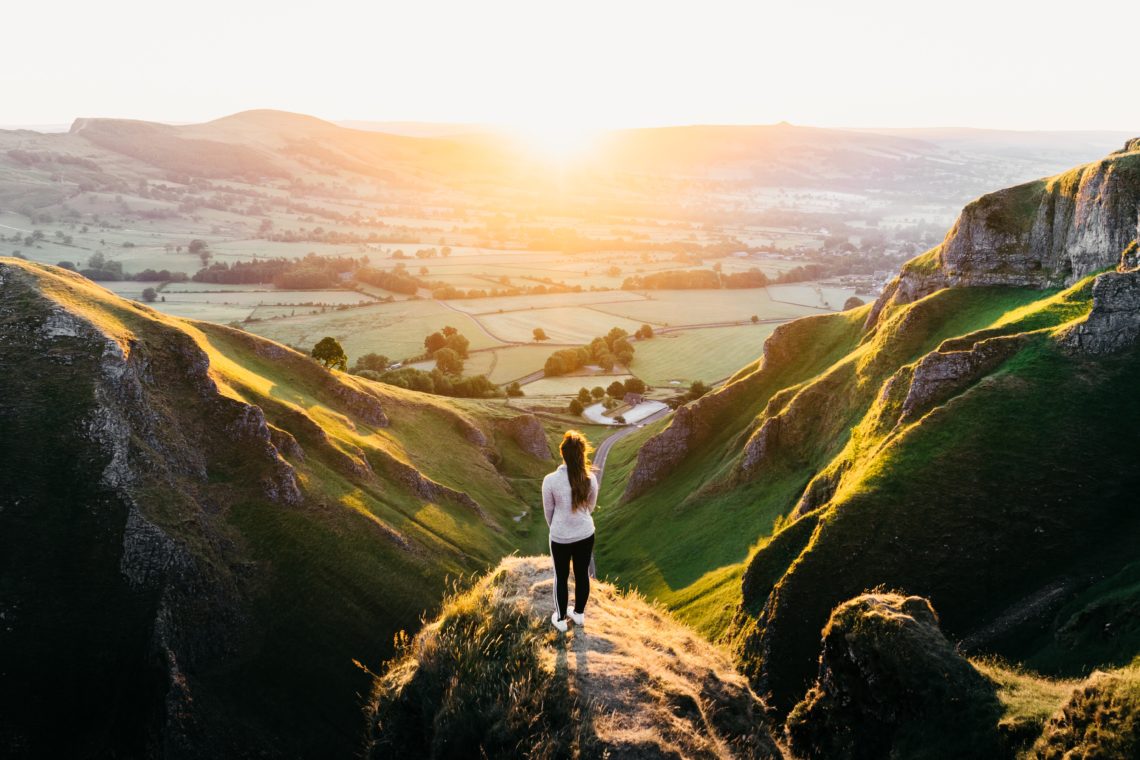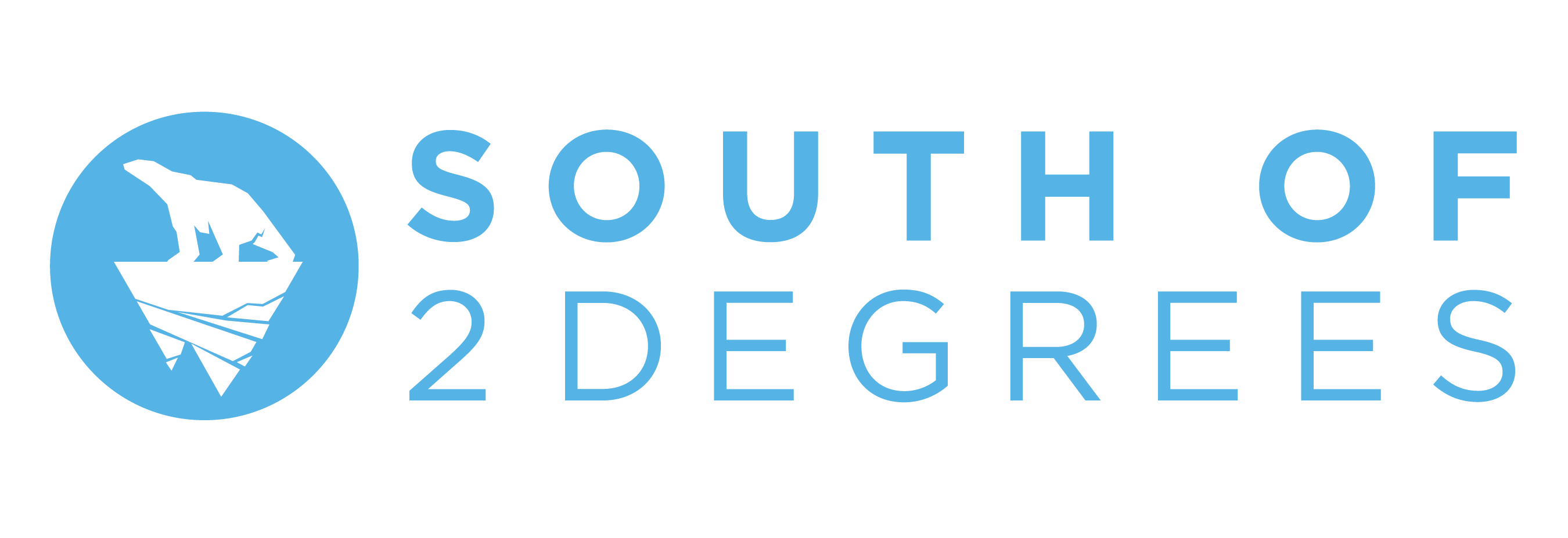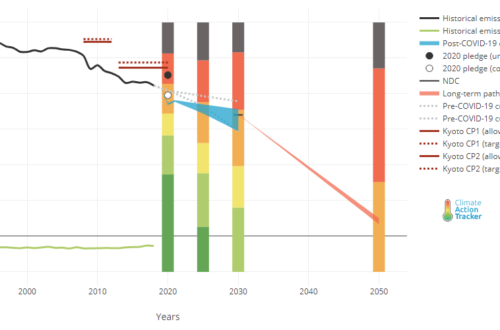
Hello Covid World !
Hello there!
I hope this message finds you well. I am thrilled to have this opportunity to connect with you and share my thoughts. Brian graciously invited me to join the South of 2 Degrees project, where I aim to bring a fresh perspective. My intention is to raise thought-provoking questions and create a space where you can embrace the complexities of our world, including our own selves. Thank you for being here and joining me on this journey.
Allow me to introduce myself. I’m Sarah, a 35-year-old woman wearing multiple hats: a mom, a wife, a sister, a daughter, and a citizen of the world. Originally from France, I currently reside in New Zealand and work as a Business Analytics manager in the automotive industry. Although I’m trained as a statistician and enjoy creating data visualizations, the most captivating aspect of my job lies in understanding the drivers behind human behavior. After all, business insights only hold value when they are contextualized, understood, internalized, and acted upon. Beyond developing eye-catching performance dashboards for my colleagues, my true role is to support and empower those around me to make informed decisions based on data. With that in mind, I hope to bring some of the principles from the realm of Business Intelligence and change leadership into our discussions on climate.
Today, I would like us to explore Covid-19, particularly the diverse range of responses it has evoked, and the valuable lessons we can extract from this diversity. While you may have encountered numerous analyses of how Covid-19 has impacted emissions, I believe the real lesson lies in our reactions, as they will shape our approach to tackling climate change. I refrain from passing judgment on which countries fared better or worse in their pandemic response, for who are we to claim that one set of values ranks higher than another? Whether it’s the economy, health costs, death tolls, public opinion, human rights, social justice, personal interests, or the environment, all these factors can represent valid and rational priorities. The ethical discussions surrounding decisions on who lives, who dies, and who loses their livelihood so that others can survive are boundless.
When the pandemic first emerged, governments worldwide faced the challenging task of devising their own strategies to combat this virus. Some opted for minimal action, choosing to maintain a “business as usual” approach. Others took more decisive measures, going to great lengths to curb the spread and eradicate it. Some adjusted their course of action as time passed, while others formed alliances and some remained resolute in their individualistic approaches. This pattern repeated itself like a fractal, spanning various levels such as states, regions, counties, cities, communities, families, and individuals. Suddenly, every person connected in the worldwide web had decisions to make, selecting a course of action within their own realm of possibilities.
In essence, this is a global-scale sociological experiment. It poses the question: when faced with a planetary threat, how do humans respond? Unlike climate change, which operates on a feedback loop that unfolds over extended periods, Covid-19 provides us with a much faster feedback loop due to its 14-day incubation period. This presents us with an invaluable opportunity to learn.
It seems that deniers will always be present in our landscape, regardless of the immediacy and realness of the threat or the level of communication surrounding it—be it Covid-19 or climate change. Let us refrain from being overly critical of them; it is their way of coping, and it may be what works best for them in both the short and long term. Who are we to claim we know what is best for others?
Furthermore, the choices we make as individuals have a significant impact on outcomes. Depending on the course of action taken—or not taken—the rates of infection and death vary significantly across the globe. This lesson holds great relevance for addressing climate change, especially when we may question the impact of our individual choices.
One striking realization from Covid-19 is that we have the capacity to make drastic changes to our way of life practically overnight. Yet, once the immediate threat subsides, it is effortless for us to revert to old habits. This realization is profound and highlights the boundless possibilities for change, limited only by our beliefs. As humans, we possess remarkable resilience and adaptability.
Through this experiment, I also rediscovered Maslow’s hierarchy of needs. It reaffirmed the importance of self-care and both mental and physical well-being as fundamental needs. It is unrealistic to expect people to take action or consider the greater good if their basic physiological and safety needs are not met. As a privileged member of a first-world nation, the Covid-19 threat has brought me closer to understanding the precariousness of basic needs.
Therefore, I urge you to take a moment to clarify the values you stand for. Reflect on how you wish to feel in the future and envision the kind of world you desire to live in. Ask yourself who you need to become at this moment to manifest that vision.
Please take good care of yourself, and I look forward to hearing from you soon!
Hugs and kisses
Sarah



One Comment
how to hide your followers on ig
Hello! I’ve been following your weblog for a long time now and finally got the bravery to
go ahead and give you a shout out from Austin Tx!
Just wanted to tell you keep up the great job!